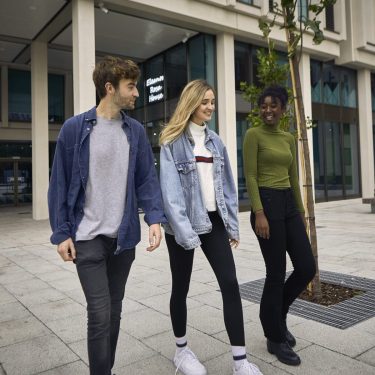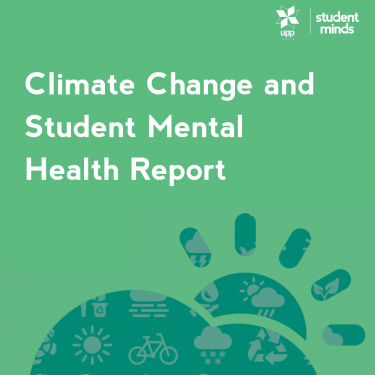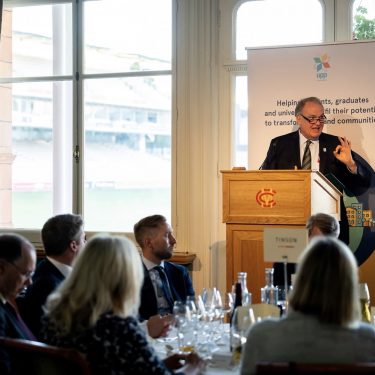Our opinion research finds clear differences in the public's views on universities
To launch the Civic University commission, Public First conducted some focus groups (which you can read about here) and a poll across ten cities with universities. We wanted to understand whether universities had a real problem with reputation and engagement.
Do universities have a problem?
Given the commentary over the last two years, we might have assumed that local populations have strained relationships with their universities. On first glance, that’s not true. An average of 58% respondents said they were “proud” of their local universities, and just 7% said they were “not proud”. 28% said they were “indifferent” to their local universities. This was also true in our focus groups – which were in two cities. In both, participants across groups felt pride in their universities. There was a sense the universities “put them on the map”. For example, participants in one city were able to identify the fact there are several famous scientists teaching at the city’s main university. There was also a clear understanding that the local NHS benefited from the presence of high-quality universities locally.
But there are big variations – geographically and between classes. This showed up in our focus groups: better educated, civically involved people were very positive. For others, universities dominated the town and large expanding student populations could be a serious nuisance.
The poll found that the less affluent are much less likely to have been to the university. Only 19% of social group ABC1 respondents had never visited their local university across the 10 cities. For social group C2DE that figure was higher, with 30% of respondents on average across the 10 cities never having visited a local campus. There’s also a big regional difference: just 21% had been to their local university in the last 12 months in Bradford, compared to 59% in Norwich.
An average of 35% of people in the cities surveyed were unable to name a single thing that their local university had done to engage the local community. Again, this masked big differences between areas: respondents in the smaller cities surveyed were much more likely to answer “none” or “don’t know” when presented with a list of measures such as open lectures or assisting local schools and asked whether their local university had done anything similar. Again, this was backed up by our focus groups – the views of those where the university was a larger presence (because in a smaller place) were more negative for the non-civic group.
Interestingly, the most common ‘top benefits’ of universities were innovative research being carried out locally, and students from other countries coming to the city to study. Given a common view in the UK that immigration should decrease, this is noteworthy.
What does this mean for the commission?
The purpose of the Civic University Commission is to make substantive policy recommendations to government and to universities in answer to two questions:
1) How can universities be both local and global?
2) What should a civic university in the 21st Century look like?
With regard to the first question, if a university is to be relevant to – and to engage with – every stratum of its city’s population, “being local” has to be something more than holding open lectures. The challenge for the Commission is to understand what this “something more” is.
On the second question, a clear challenge for the Commission will be to make recommendations that are relevant to universities regardless of their location, and address the simple fact that large numbers of students in university towns and cities creates challenges as well as benefits.
As we receive evidence from the large number of organisations and individuals that are engaging in the commission, we will be asking whether we are understanding the causes of our findings with the public, and have credible ideas for how to change perception and reality.







